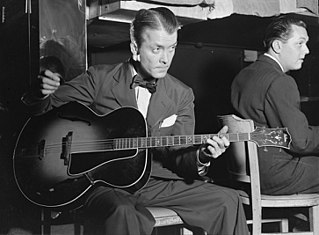A Quote by Robert Stone
I was under the influence of the early modern masters, Fitzgerald and Steinbeck and Hemingway, especially, when I was a kid. I reacted against writers like Barth and John Hawkes. I did not care for the post-modernist stuff; my allegiance was to realism.
Related Quotes
Do you think that Hemingway knew he was a writer at twenty years old? No, he did not. Or Fitzgerald, or Wolfe. This is a difficult concept to grasp. Hemingway didn't know he was Ernest Hemingway when he was a young man. Faulkner didn't know he was William Faulkner. But they had to take the first step. They had to call themselves writers. That is the first revolutionary act a writer has to make. It takes courage. But it's necessary
The idea that we live in a post-modern culture is a myth. In fact a post-modern culture is an impossibility; it would be utterly unlivable. Nobody is a post-modernist when it comes to reading the labels on a medicine bottle versus a box of rat poison! You better believe that texts have objective meaning!
Naming is like putting a stamp on something and fixing it. A kind of formaldehyde sort of fixation, but it becomes dead, sitting there forever, frozen. So, I'm not a great one for these modernist, post modernist, post colonial labels. I think they serve certain purpose. You do need some kind of sign post here and there, but it can also become an end in itself.
I like the hip writers: Fitzgerald, the guy who committed suicide, Hemingway, all those guys. Some of them were alcoholics and drug addicts but they had fun. They were real people. They formed the culture of American literature. Hemingway admired Tolstoy, Tolstoy admired Pushkin, and Mailer admired Hemingway. It all flows down. The greats are all connected. One day I'm gonna write a book myself. The first chapter will be about what a rough deal my momma got. She believed in you guys and your society.







































